SARS-CoV-2 spike protein promotes inflammatory cytokine activation and aggravates rheumatoid arthritis, Cell Communication and Signaling
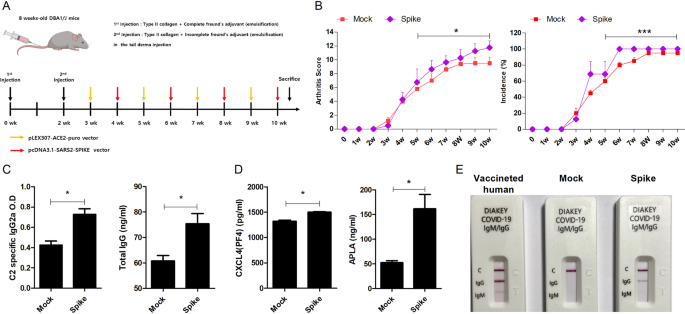
Background Coronavirus disease 2019 (COVID-19) induces inflammation, autoantibody production, and thrombosis, which are common symptoms of autoimmune diseases, including rheumatoid arthritis (RA). However, the effect of COVID-19 on autoimmune disease is not yet fully understood. Methods This study was performed to investigate the effects of COVID-19 on the development and progression of RA using a collagen-induced arthritis (CIA) animal model. Human fibroblast-like synoviocytes (FLS) were transduced with lentivirus carrying the SARS-CoV-2 spike protein gene in vitro, and the levels of inflammatory cytokine and chemokine expression were measured. For in vivo experiments, CIA mice were injected with the gene encoding SARS-CoV-2 spike protein, and disease severity, levels of autoantibodies, thrombotic factors, and inflammatory cytokine and chemokine expression were assessed. In the in vitro experiments, the levels of inflammatory cytokine and chemokine expression were significantly increased by overexpression of SARS-CoV-2 spike protein in human FLS. Results The incidence and severity of RA in CIA mice were slightly increased by SARS-CoV-2 spike protein in vivo. In addition, the levels of autoantibodies and thrombotic factors, such as anti-CXC chemokine ligand 4 (CXCL4, also called PF4) antibodies and anti-phospholipid antibodies were significantly increased by SARS-CoV-2 spike protein. Furthermore, tissue destruction and inflammatory cytokine level in joint tissue were markedly increased in CIA mice by SARS-CoV-2 spike protein. Conclusions The results of the present study suggested that COVID-19 accelerates the development and progression of RA by increasing inflammation, autoantibody production, and thrombosis. Video Abstract
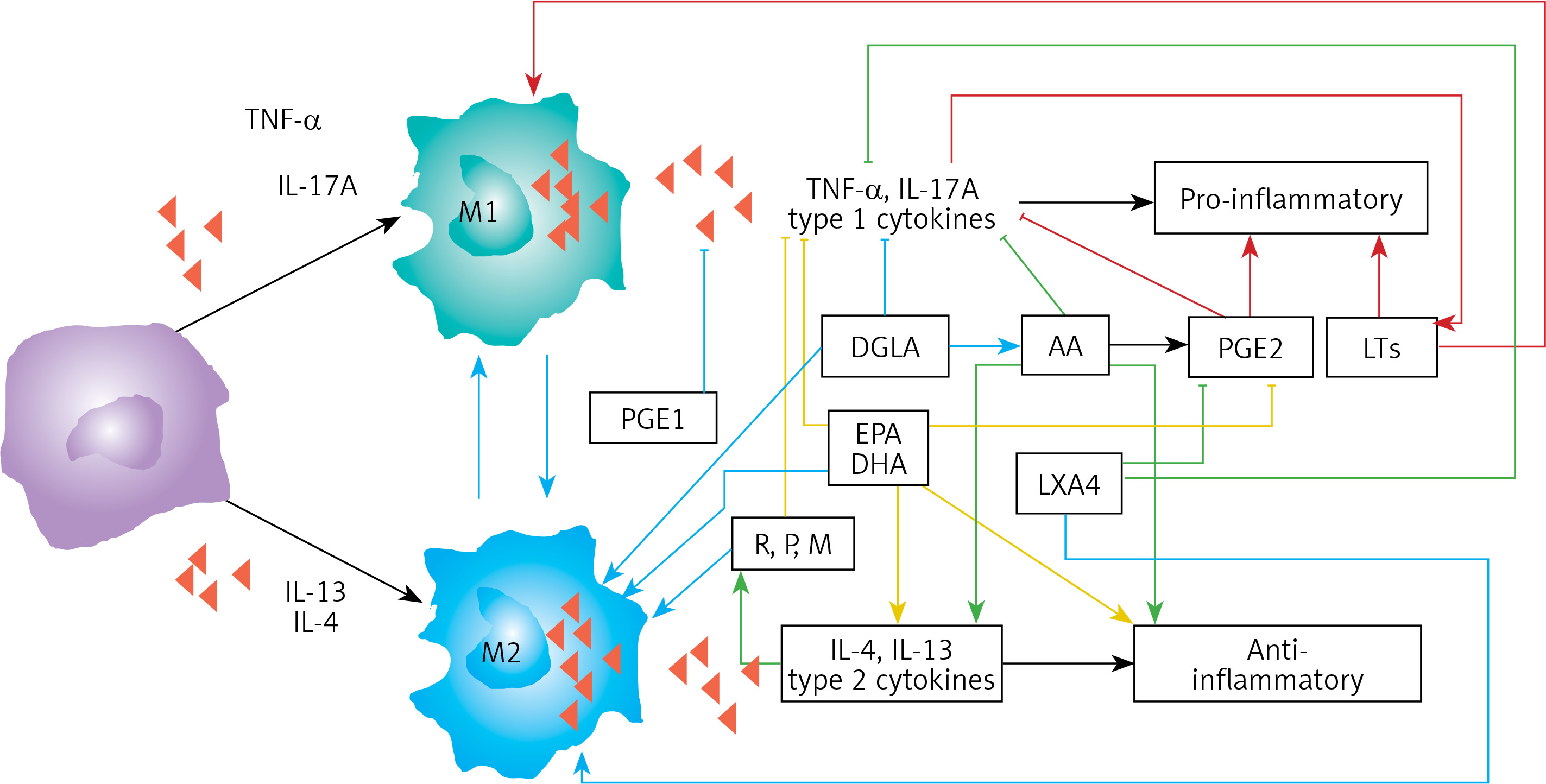
Bioactive lipid-based therapeutic approach to COVID-19 and other similar infections
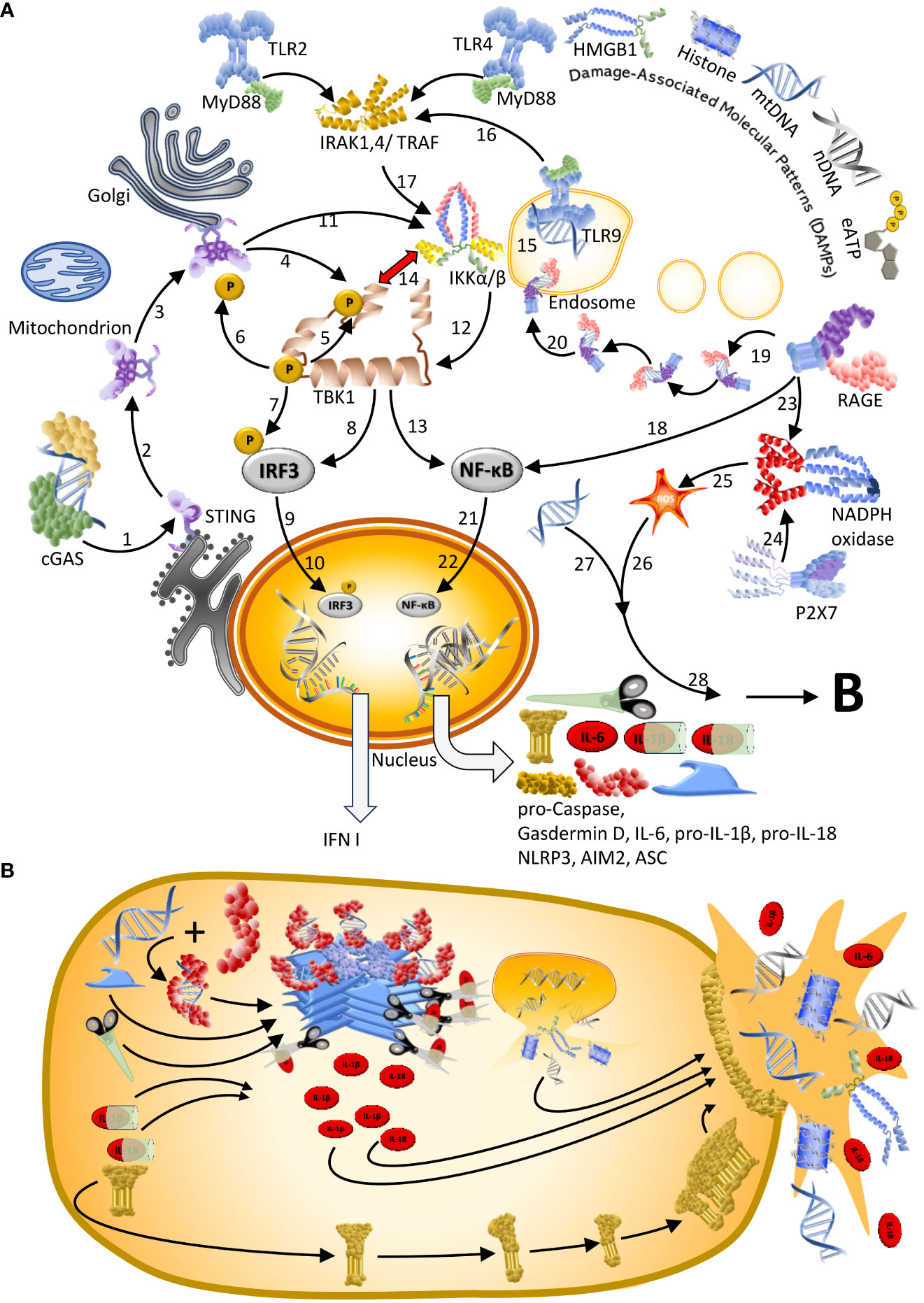
Frontiers Self-DNA driven inflammation in COVID-19 and after mRNA-based vaccination: lessons for non-COVID-19 pathologies

Reactive Oxygen Species in Inflammation and Tissue Injury

SARS-CoV-2 spike protein promotes inflammatory cytokine activation and aggravates rheumatoid arthritis, Cell Communication and Signaling

Identification of new drugs to counteract anti-spike IgG-induced hyperinflammation in severe COVID-19 - Abstract - Europe PMC

The role of platelets in immune-mediated inflammatory diseases. - Abstract - Europe PMC

SARS-CoV-2 spike protein promotes inflammatory cytokine activation and aggravates rheumatoid arthritis, Cell Communication and Signaling
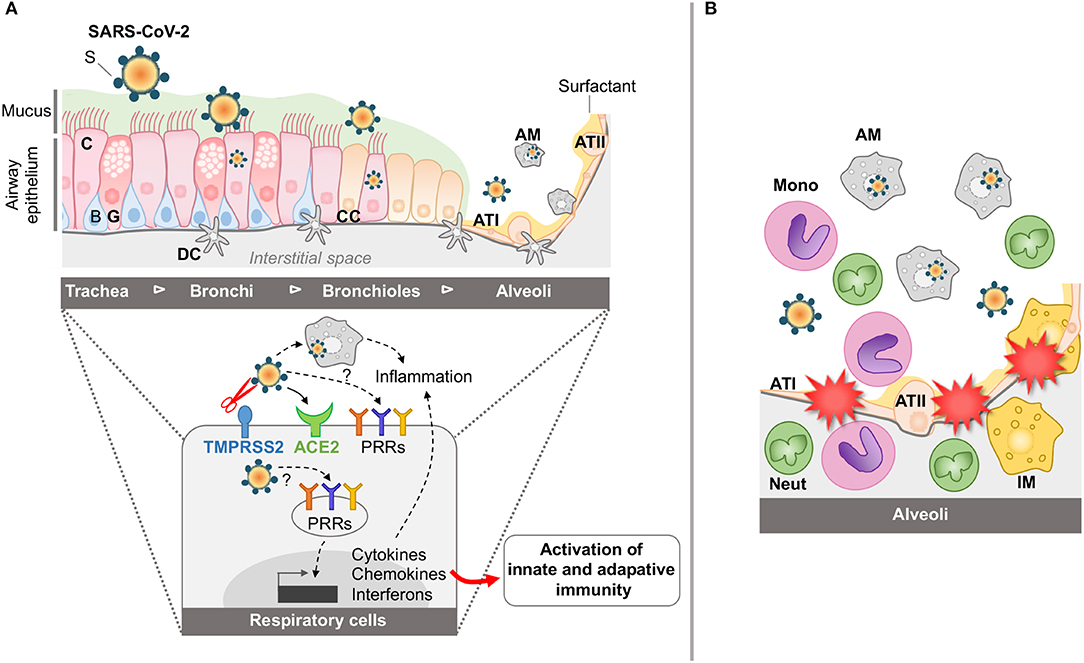
Frontiers Innate Immune Signaling and Proteolytic Pathways in the Resolution or Exacerbation of SARS-CoV-2 in Covid-19: Key Therapeutic Targets?

Identification of new drugs to counteract anti-spike IgG-induced hyperinflammation in severe COVID-19

Molecular pathways involved in COVID-19 and potential pathway-based therapeutic targets - ScienceDirect
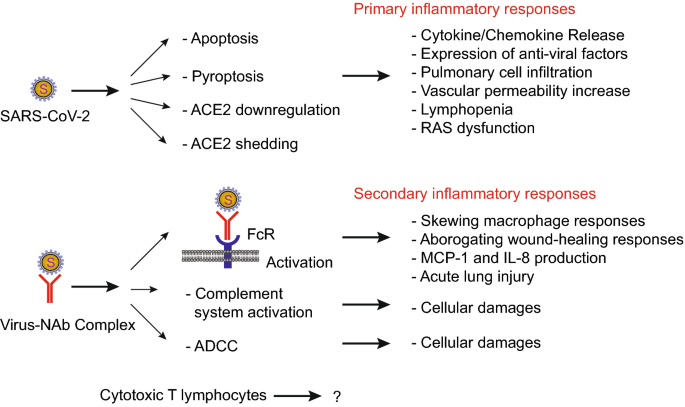
Understanding SARS-CoV-2-Mediated Inflammatory Responses: From Mechanisms to Potential Therapeutic Tools

COVID-19 Infection and Circulating Microparticles—Reviewing Evidence as Microthrombogenic Risk Factor for Cerebral Small Vessel Disease
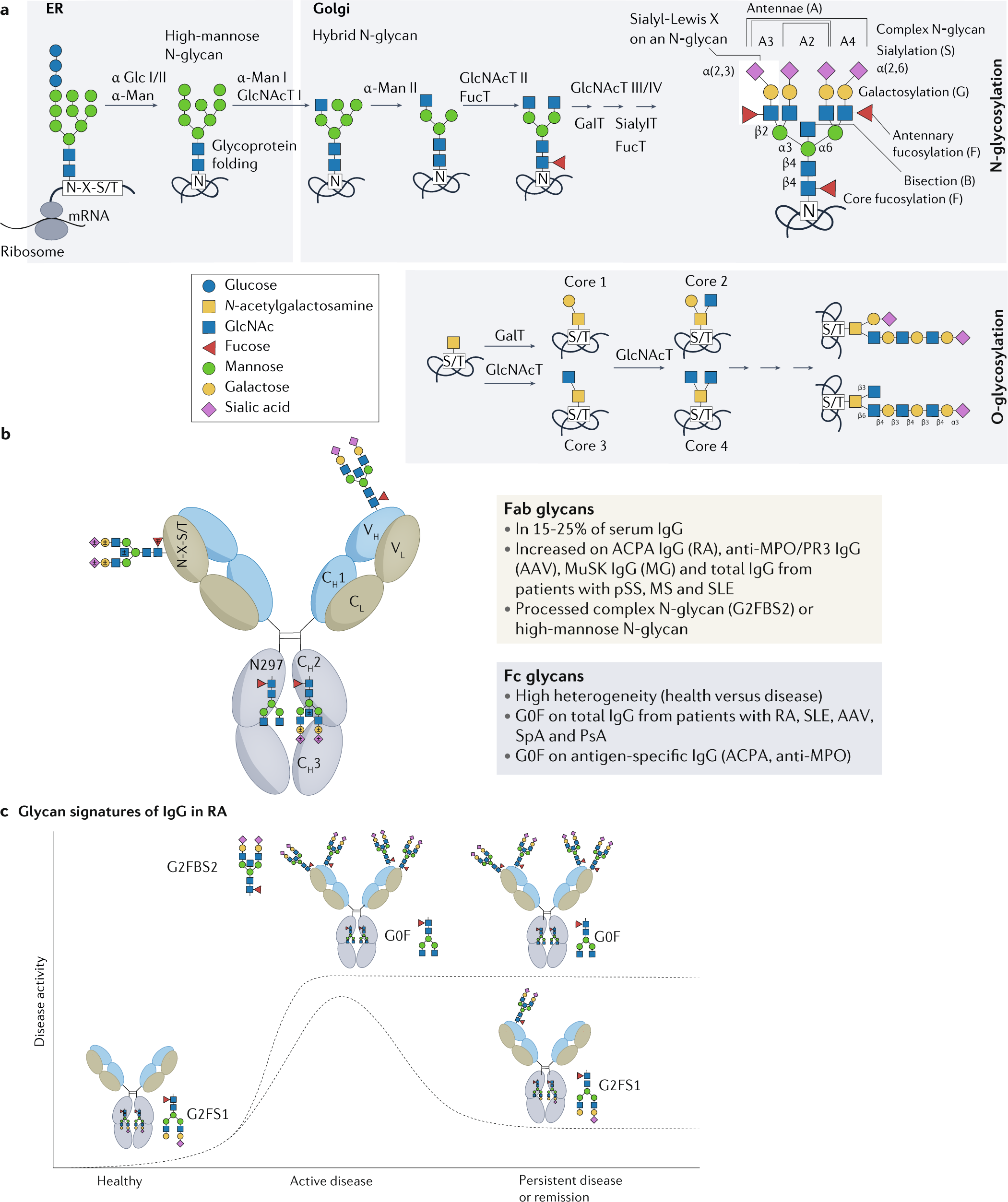
Glycobiology of rheumatic diseases
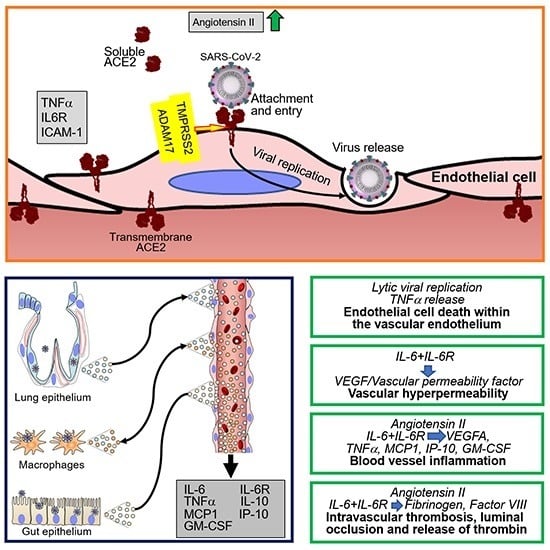
Cells, Free Full-Text

Cells, Free Full-Text